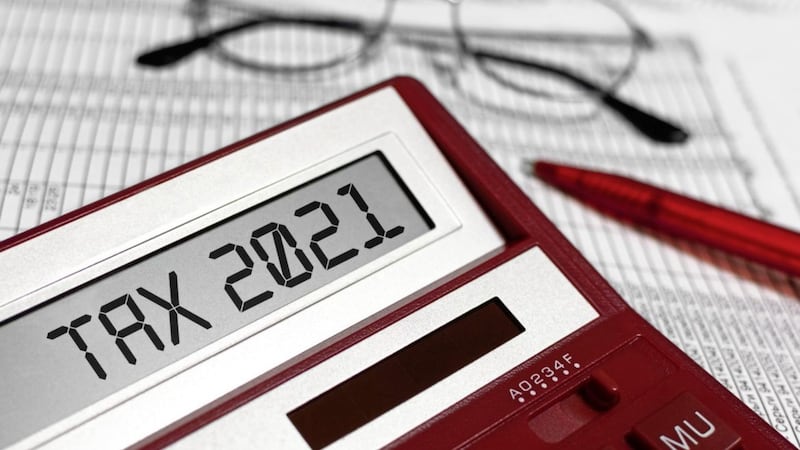QUESTION: As a result of being made redundant in early 2020, I started my own business that summer and it has been going very well. I was able to get my tax return submitted on January 31 just past but I didn’t have enough cash set aside to pay my tax bill. Can you explain the consequences of this and what I should do?
ANSWER: Due to the ongoing issues relating to the coronavirus pandemic and its impact, HMRC announced that it will waive the late filing and late payment penalties (but not interest) on 20/21 self assessment tax returns and payments for one month. Those who can file and pay by the statutory deadline of January 31 2022 are still encouraged to do so.
HM Revenue and Customs (HMRC) is waiving late filing and late payment penalties for Self Assessment taxpayers for one month – giving them extra time, if they need it, to complete their 2020 to 2021 tax return and pay any tax due.
Whilst HMRC extended the filing deadline, they were still encouraging taxpayers to file and pay on time if they can. However, HMRC recognises the pressure faced this year by Self Assessment taxpayers and their agents.
Covid-19 is affecting the capacity of some agents and taxpayers to meet their obligations in time for the January 31 deadline. The penalty waivers give taxpayers who need it more time to complete and file their return online and pay the tax due without worrying about receiving a penalty.
The deadline to file and pay remains January 31 2022. The penalty waivers will mean that:
• Anyone who cannot file their return by the January deadline will not receive a late filing penalty if they file online by February 28;
• Anyone who cannot pay their Self Assessment tax by the January deadline will not receive a late payment penalty if they pay their tax in full, or set up a Time to Pay arrangement, by April 1.
Interest will be payable from February 1, as usual, so it is still better to pay on time if possible.
The existing Time to Pay service allows any individual or business who needs it the option to spread their tax payments over time. Self Assessment taxpayers with up to £30,000 of tax debt can do this online once they have filed their return.
?? ?
The 2020 to 2021 tax return covers earnings and payments during the pandemic. Taxpayers will need to declare if they received any grants or payments from the Covid-19 support schemes up to 5 April 2021 on their self assessment, as these are taxable, including:
• Self-Employment Income Support Scheme;
• Coronavirus Job Retention Scheme;
• Other Covid-19 grants and support payments such as self-isolation payments, local authority grants and those for the Eat Out to Help Out scheme.
The £500 one-off payment for working households receiving tax credits should not be reported on your tax return.
HMRC urges everyone to be alert if they are contacted out of the blue by someone asking for money or personal information. Taxpayers should always type in the full online address www.gov.uk/hmrc to get the correct link for filing their Self Assessment return online securely and free of charge.
We have seen some of our clients targeted by fraudsters emailing, calling or texting people claiming to be from HMRC. If you are in doubt, do not reply to anything suspicious and contact your accountant or tax adviser.
:: Malachy McLernon (m. mclernon@pkffpm.com) is a director of PKF-FPM (pkffpm. com). The advice in this column is specific to the facts surrounding the question posed. Neither the Irish News nor contributors accept any liability for any direct or indirect loss arising from any reliance placed on replies.








